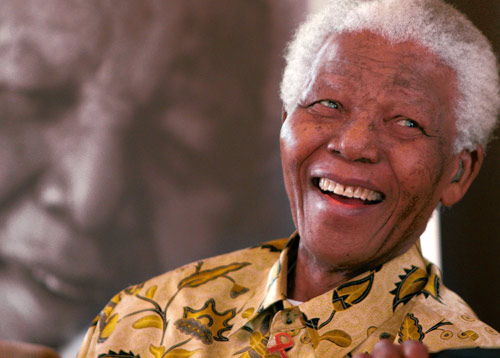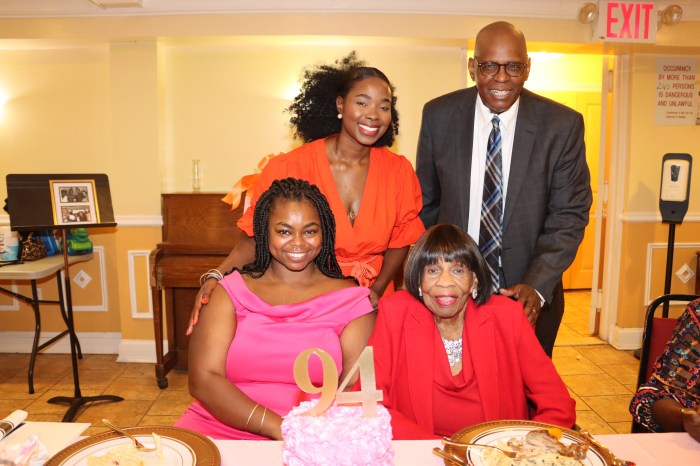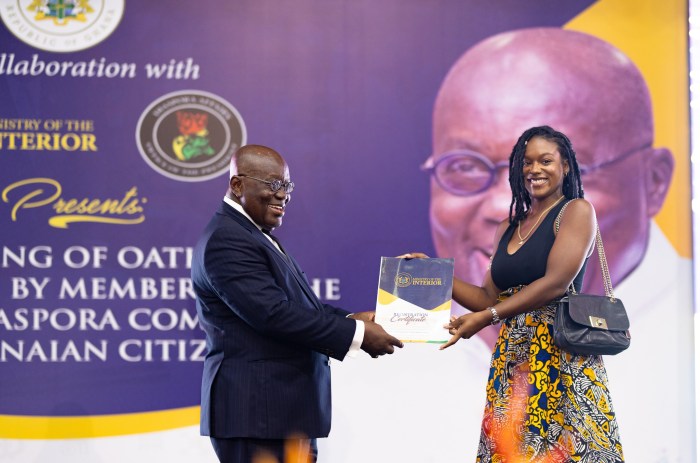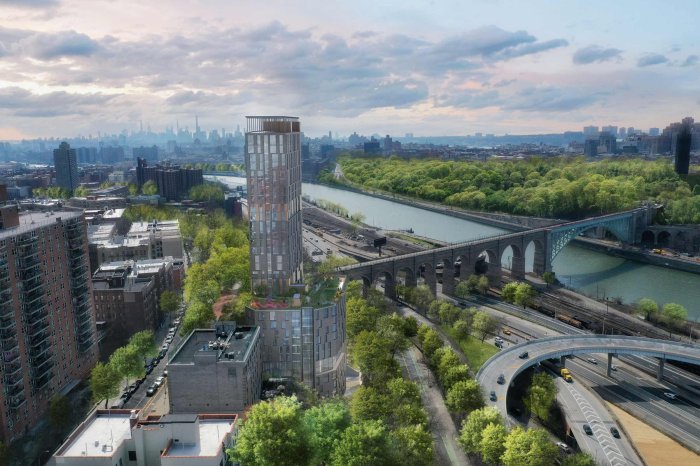As world leaders continue to mourn the passing of South Africa’s liberator and former President Nelson Mandela, at least two Caribbean American legislators have joined the tributes.
United States Congresswoman Yvette D. Clarke (D-NY) and New York City Councilman Jumaane Williams (D-Brooklyn) described Mandela, who died on Dec. 5 at his home in Johannesburg, South Africa, following a prolonged illness, as “a world leader of the highest order.” Mandela was 95.
“On behalf of the people of the Ninth Congressional District of New York and myself, I join with the people of South Africa in mourning the passing of President Nelson Mandela, affectionately known as ‘Madiba’”, said Clarke, the daughter of Jamaican immigrants, whose district encompasses a huge swath of the Caribbean community in Brooklyn.
“His commitment to justice, equality and the right to human dignity that must be afforded to each individual person accorded him a moral authority that would not and could not be denied,” added Clarke, the ranking member of the U.S. House of Representatives’ Subcommittee on Cybersecurity, Infrastructure Protection, and Security Technologies.
“Through his demonstration of sheer intestinal fortitude, he led a non-violent liberation struggle that overcame a century of oppression in South Africa,” she continued, noting that Mandela had led an international anti-Apartheid movement, while imprisoned, “that toppled an entrenched Apartheid regime and fundamentally transformed the civil society of his nation.
“His activism – based on non-violence and his commitment to reconciliation – made him a liberation icon around the world,” said Clarke, describing Mandela as a “once in a lifetime figure, who through his legal skills, intellect and oratory brought down one of the last bastions of wholesale racial oppression in the world.”
She said Mandela’s life “affirmed the ability of men and women to achieve freedom from the harshest of racially oppressive regimes,” stating that he “moved a nation of the oppressed and transformed them into liberators of humanity through organizational movement and sheer perseverance.”
Clarke said she “had the great honor” of being among the crowd of “Brooklynites,” who met Mandela on his release from Robbin Island, when he was celebrated and paraded on a visit to Brooklyn.
“I remember the electricity in the air and the elation of my fellow Brooklynites,” she said. “Who could forget the momentum and the power unleashed in saying the words, ‘Free Nelson Mandela!’
“He will remain forever an inspiration to those who believe in justice and equality and the promise of a better future for all of God’s children,” Clarke said. “Today, Madiba is truly Free! We all mourn in tribute to an Icon.”
Williams, the son of Grenadian immigrants, who represents the largely Caribbean 45th Council District in Brooklyn, also noted that Mandela’s activism helped lead to the eradication of the system of racial separateness or Apartheid, in South Africa.
For his heroic actions, Mandela won the Nobel Peace Prize in 1993 and was elected President of South Africa in 1994, Williams noted.
“It is with a heavy heart that I join the world community to say goodbye to one of my personal heroes and inspirations,” he said. “Today is a moment, not for tears but for celebration of the life of one of the most transformative figures of our generation.”
Williams said he was just a teenager when Mandela’s activism “helped break the shackles of apartheid in South Africa and helped unify a nation.
“It was a shining moment for the world when Mandela took the oath of office to become the first black President of a free South Africa, a man who sacrificed his own life by standing up against racism, colonialism and apartheid, a man who spent nearly 30 years behind bars for it, a man who was able to overcome the vestiges of racism and apartheid and free his people,” he said. “That is the true definition of courage, of a hero.”
Williams said Mandela’s own words signify his life’s mission, and what they mean to him and to people around the world: “I hate race discrimination most intensely and in all its manifestations. I have fought it all during my life; I fight it now, and will do so until the end of my days.”
The Councilman said Mandela’s words – spoken in his own defense at trial in 1962, after which he was sent to prison – are “a challenge that those of us he leaves behind must take up- whether that discrimination happens abroad to Haitians in the Dominican Republic or to young men of color on the streets of our city.
“We may be saying farewell to a freedom fighter and a hero to millions, but President Mandela’s family should rest assured that millions around the world, including myself, use Nelson Mandela’s example as an inspiration,” he said.
“President Mandela lived a full life fighting for freedom for every South African, and for the rights and freedom of people around the world,” Williams added.
“He will be missed but never forgotten,” he continued. “We should carry on his legacy, and use many of his words as a mantra.”
























